Whether we are aware or not, all professional musicians are entrepreneurs. Being a pro musician is the same as being a business owner. We teach music, play gigs, compose and arrange songs, practice, work with clients, hire others, and a thousand other tasks. Thinking of ourselves as not only musicians but business owners might sound strange, but it has the power create positive change for our careers.
Being a self-employed entrepreneur is tough. Without the security of working for a large business, there is a lot to be covered alone. Almost all musicians are responsible for their own taxes, health insurance, debt collection, research and development, and operating/material costs.
Needless to say, it’s tough out there for musicians. But if we can realign the way we think about our business, it can get easier. However, running a business might not come easy to many musicians. We think of ourselves as artists first and usually handle the business side of things later. Maybe there is a better way.
The Power of Books
One easy way for a musician to grow their non-musical skills is by reading a few books. Reading someone else’s words can help give a completely new perspective on a topic. The topic of entrepreneurship and business has been covered to death, and you might think you’ve heard it all before. However, reading grants us a new perspective, and there is a lot of material to draw from.
Musicians are good at practice and repetition. Learning new skills is in our blood. What we have built as musicians will only make what we read even more powerful. By combining our skills and dedication to music with the knowledge contained in a great book, we have the opportunity to not only become better musicians, but to create a thriving business that can support our love for the arts forever.
This may force you to take your eyes off your music method books for a bit. They will still be there when you come back. I promise. The skills found in the books below are essential for your success as a well-rounded musician, and you should take the time to practice other aspects of your career.
Below I have compiled a list of non-music books that I have found very useful in changing my mindset from strictly music to entrepreneurship.
The War of Art – Steven Pressfield

Every musician has experience the pain of feeling stuck with their art. We plateau, we get lazy, and it feels like we can no longer produce music that used to flow so easily. Steven Pressfield’s masterpiece, The War of Art addresses these very issues by placing them under an all encompassing persona: resistance.
Pressfield identifies and personifies resistance, then reveals how to eliminate it. his words are heavy and convicting, but are essential to hear for every artist. If you’re looking for an illuminating glance into your own artistic mind, I’d start with The War of Art.
I actually revisit The War of Art a few times every year. No matter where I am in my journey as a musician, I always get something different out of every read. If you choose one book from this list, let it be this one.
The Obstacle is the Way – Ryan Holiday

Coming from one of my favorite modern authors is The Obstacle is the Way: The Timeless Art of Turning Trials into Triumph. This book goes very well with The War of Art and is a guidebook for how to turn obstacles into advantages. Musicians know a lot about obstacles.
Written by Ryan Holiday, The Obstacle is the Way could be considered a philosophical text more than anything. Holiday draws heavily from the writings of the Roman Emperor Marcus Aurelius and Stoic philosophy. Examples of war generals, world leaders, record breaking pilots, and business magnates are found as case studies for how to win over tough situations.
I have found myself feeling stuck with my career choices plenty of times. No matter what I try, at some point, a big problem always gets in the way. At first, it’s easy for me to think that this problem is the end and that it’s time to move on. However, after reading The Obstacle is the Way, I’ve began to change my thinking.
As the chairman of the X-Prize Foundation, Peter Diamandis says, “a problem is a terrible thing to waste”. Seeing opportunities in problems is an essential skill for every musician. Something in our lives/careers will eventually go wrong and we need to be prepared for it. Even better, we need to start thinking of obstacles as a guide for what to do next.
For more of the writing of Ryan Holiday, I also recommend some of his other books, Ego is the Enemy, and The Perennial Seller.
So Good They Can’t Ignore You – Cal Newport

You have already heard that a successful career starts with you following your passion. The advice is so common, you’ve probably given it to someone else. But is passion really what creates lasting musical careers? Or is it actually hard work, consistent practice, and building skills?
in So Good They Can’t Ignore You, Cal Newport dispels the myth of passion by revealing that a love for what you do is earned and not simply stumbled upon. In order to earn your passion, you need to be as Comedian Steve Martin puts it, “so good they can’t ignore you”.
Newport’s writing is humbling and will cause you to look at your music career with a new set of eyes. By using concepts like career capital, and deep work, Newport makes the case for hard work and dedication being what fosters passion. None of us knew immediately that we wanted to be musicians, but the idea was built up over the years of practice that we put in.
As a drummer, there are many times when I think to myself, “why am I still doing this?” Sometimes it’s after 5 hours of getting nowhere during practice, or the long and exhausting gigs that only pay $20. No matter what, these dark days will inevitably come. However, So Good They Can’t Ignore You provides an excellent blueprint for keeping yourself on the right track and reshaping why we do what we do.
If you can’t get enough of Cal Newports writing (I definitely can’t), then I would highly recommend his book Deep Work, which discusses how to focus and get things done in a distracted world. Something everyone needs.
This is Marketing – Seth Godin
 If musicians are entrepreneurs, then it’s time to start acting like we run a business. And based on the hundreds of ads we see everyday, for a business to be successful, their marketing has to be good. This is Marketing by Seth Godin is a fantastic guide for how any business (or musician) should approach the topic of marketing.
If musicians are entrepreneurs, then it’s time to start acting like we run a business. And based on the hundreds of ads we see everyday, for a business to be successful, their marketing has to be good. This is Marketing by Seth Godin is a fantastic guide for how any business (or musician) should approach the topic of marketing.
If you’re thinking that marketing doesn’t apply to musicians, think again. When someone looks you up for a potential gig, when a friend hires you sub for them, or when other musicians are saying your name, marketing is at work.
This is Marketing approaches the topic in a completely new way. Rather than a step by step guide, Godin’s focus is on reframing the way we think. His approach is ethical, empathetic, and emphasizes producing good work instead of trickery and sales tactics.
All musicians should know how to market themselves. At least a little bit. Whether or not we know it, we are selling ourselves as a product. Choosing what story we tell about ourselves and our music is important. Someone could be looking you up right now, and if you don’t know what they are going to see, you could be losing potential work.
While I would consider This is Marketing to be a complete collection, Many of the same ideas can be found in Seth Godin’s other books: Purple Cow, and Tribes, which I would also recommend.
Atomic Habits – James Clear

Would you be surprised if I told you that we have very little control over what we do from moment to moment? Or that every day of our lives are run by a series of cascading habits moving on autopilot? According to Atomic Habits by James Clear, this may be the case.
You probably haven’t noticed how you brush your teeth the same way every day, or how you put the same leg first into your pants each morning. How many times have you been driving to a gig only to arrive and think “I don’t remember how I even got here”? One after the other, our habits unfold and subconsciously guide us throughout the day.
Atomic Habits is an illuminating look into our habit systems and how they can either make or break us. As James says, “we don’t rise to the level of our training, we fall to the level of our systems”. And like it or not, if our systems are not set up for success, we are doomed to fail.
Atomic Habits is about breaking bad habits, replacing them with good ones, and eventually improving ourselves. James makes the case for how tiny habits are the agent for massive success if we can only gain control of them.
Musicians should be seeing the potential for Atomic Habits immediately. Imagine if you could reprogram yourself to practice an hour every morning. How about habitually sitting down to compose every afternoon without fail? I highly recommend Atomic Habits to every musician out there. It’s easy to understand, practical to implement, and can make you feel near superhuman.
Since reading Atomic Habits, I have started to put better systems in place for myself. I now write and practice drums more than I have in years. The best part is that while my productivity has been steadily increasing, I almost haven’t noticed. These new routines have become a part of my life. A habit if you will.
Jab Jab Jab, Right Hook – Gary Vaynerchuk

If you don’t wake up at 3:00am, call everyone “bro”, and charge through the day like you have an IV of cocaine dripping directly into your bloodstream, you may not relate to Gary Vaynerchuk. He’s a man on 10 at all times, is known to be abrasive, and will inevitably make you feel like you are never enough (Read this hilarious VICE article for a better look into Gary’s world). But Gary’s got something only a select few of us have: non-stop hustle. While this sort of dedication to “getting stuff done” is near impossible to live up to, it can produce a book that might help us normal folk learn something.
Say what you will about Gary Vaynerchuk, but his book Jab, Jab, Jab, Right Hook does an excellent job of covering a topic every musician should at least be aware of: social media. Someone is going to look you up on Facebook, Instagram, Twitter, etc, and it helps to to know what they are going to see.
It might not be essential, but for those of us that use social media as a form of marketing, it’s important to get a decent grasp of what’s going on. Jab, Jab, Jab, Right Hook can be used to help craft your online identity.
Vaynerchuk’s strategy revolves around providing constant and free value to your audience with hopes of asking for something from them later. Inside the book, Vaynerchuk provides loads of examples from both large companies and smaller independent creators using social media both the right and wrong way.
Think about when you are on Facebook and that one guitar player will not stop posting about his gig next week. does their continual posting make you want to be in attendance? Probably not. So how can we ask things of our audience without alienating them? Questions like this are answered in Vaynerchuk’s book.
Jab, Jab, Jab, Right Hook is a solid guide for how you should be using your social media accounts. Whether or not you find social media to be a strong point of your marketing as a musician, it is still helpful to understand the various ways the platforms can be used to increase your exposure.
Rich Dad Poor Dad – Robert T. Kiyosaki

I can hear some of you rolling your eyes already, but let me explain. How many times have you heard a musician say that they are destined to be poor? If only I had a nickel for every time I’ve said it…
Money isn’t everything, and using wealth as a gauge for success can be damaging. I know many incredible musicians that don’t make much money at all. Are they successful? Absolutely. However, considering how skilled they are as musicians, the fact that they can’t even afford to pay their rent or repair their instruments is sad.
The idea that musicians are poor is a stereotype that refuses to be broken. But this doesn’t have to be the case.
Rich Dad Poor Dad by Robert Kiyosaki isn’t the most detailed of finance books, but for any musician interested in gaining control over their finances, it is a great starting point. The reason is because Kiyosaki makes the case that financial success is really about mental state more than anything else.
According to Kiyosaki, those that are financially successful view and interact with the world in a fundamentally different way. Their viewpoint is what guides every decision they make and turns the act of generating money into a breeze. Kiyosaki explores the concept of multiple income streams, which all musicians today should be very aware of. For a musician, there is no such thing as one single income stream anymore. The sooner we catch on, the better.
Rich Dad Poor Dad was the first book on finance that I ever read. I might disagree with how Kiyosaki’s insists on calling people “losers”, however his book made me believe that I had a chance to defy my negative thoughts and be financially savvy. Since reading this book, I’ve read many other books on finance, eliminated my debt, have savings built up, and invest regularly.
Having financial security is an amazing feeling. I may not be rich by any measure, but the fact that I know I’ll be able to pay my rent next month is a huge comfort. I wish for every musician to quit thinking they are destined to be poor and to begin taking control over their financial life.
Burn the Fat, Feed the Muscle – Tom Venuto

Diet and exercise is something that needs to be taken very seriously. Heart disease is the world’s biggest killer and is still on the rise. We have a lot to worry about in our lives, but without our health, it is all pointless anyway.
Musicians are not usually the most athletic. We are artists that dedicate our free time to practicing our craft. However, practicing music usually requires staying in stasis for long periods of time, and hopefully we all know that being still for too long is awful for our bodies.
Exercise can be intimidating if we don’t know what to do. But considering the alternative of poor health and injuries, I’d say it’s worth learning a little about it.
Personally, I don’t care which book on exercise you read, just read something. But if you’re looking for a good starting point, Burn the Fat, Feed the Muscle by Tom Venuto is a fantastic read. Venuto (An award winning bodybuilder) creates an inspiring case for how anyone can gain control over their body through a detailed look into the fundamentals of fat loss, muscle gain, food, supplements, and of course exercise.
I started reading Burn the Fat, Feed the Muscle in my early 20’s. At the time I didn’t care about “working out”. I was young and blessed with a speedy metabolism. However, I read the book on a whim and was immediately inspired to change how I thought about my body.
Today I do some form of exercise daily, attempt to eat healthier, and in general, feel amazing. I rarely get ill, have never had a drumming injury, and most importantly, feel good about myself.
Everyone should live a long and happy life, but it has to begin with our body. You don’t have to be in incredible shape, but being in good health can make life much more enjoyable. Burn the Fat, Feed the Muscle is very informative, detailed, and best of all will inspire you to take your health seriously.
These books are just a starting point. As entrepreneurs, musicians need to start taking the other aspects of their business seriously. Being the best player in the room might seem important, but without a good handle on many other aspects of our lives and business, we may never realize our full potential.
What non-music books have helped you build your career? Leave a comment down below with some of your favorites!



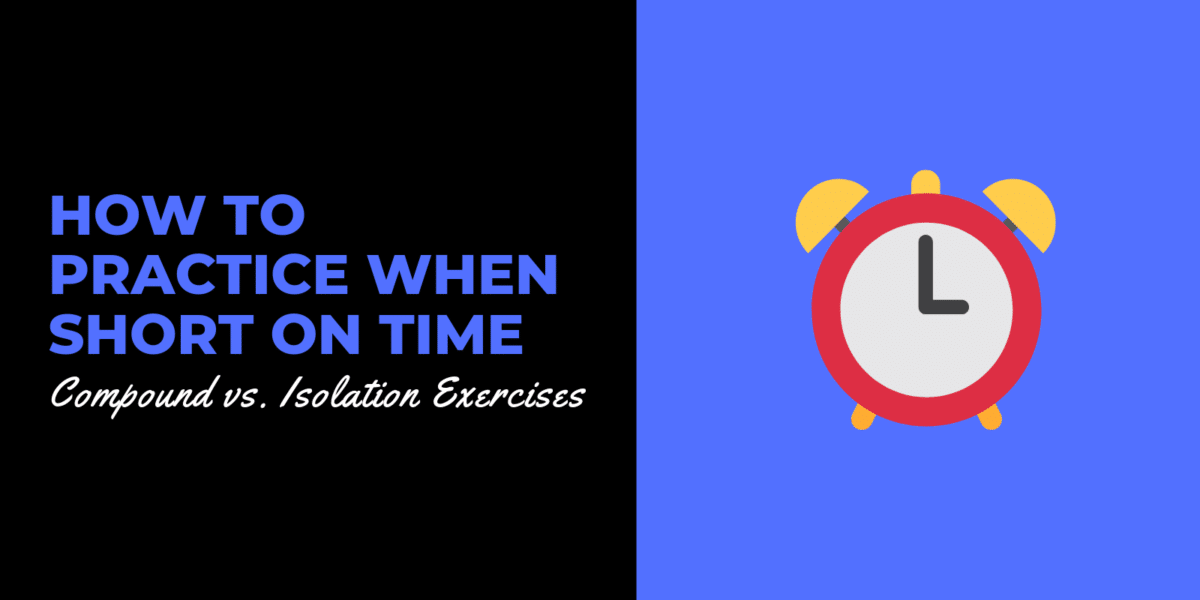
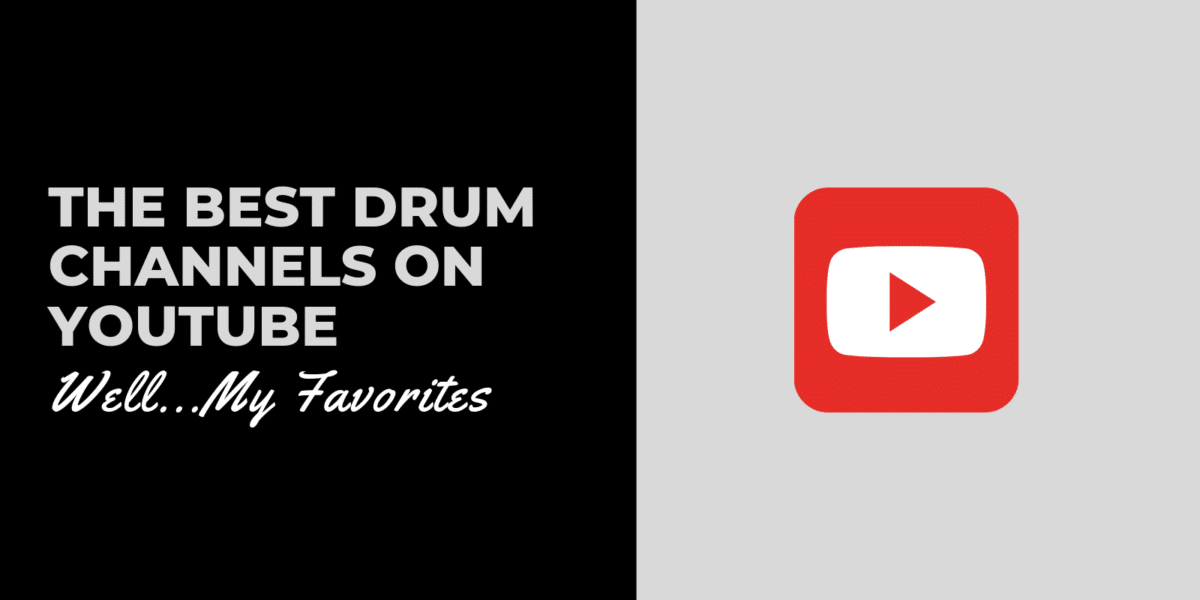
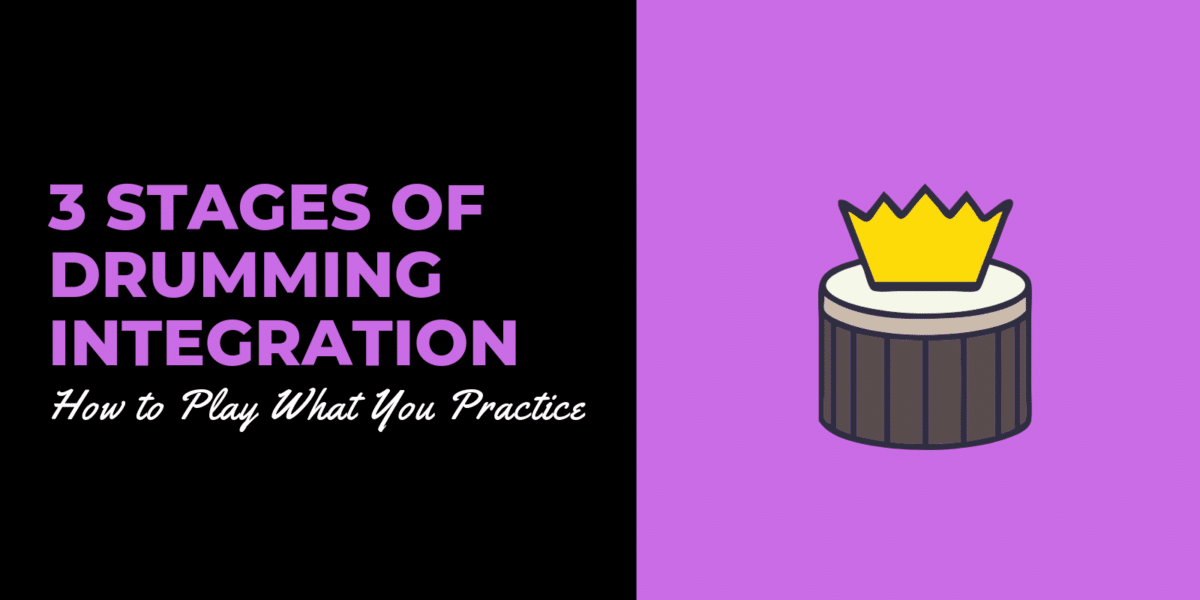
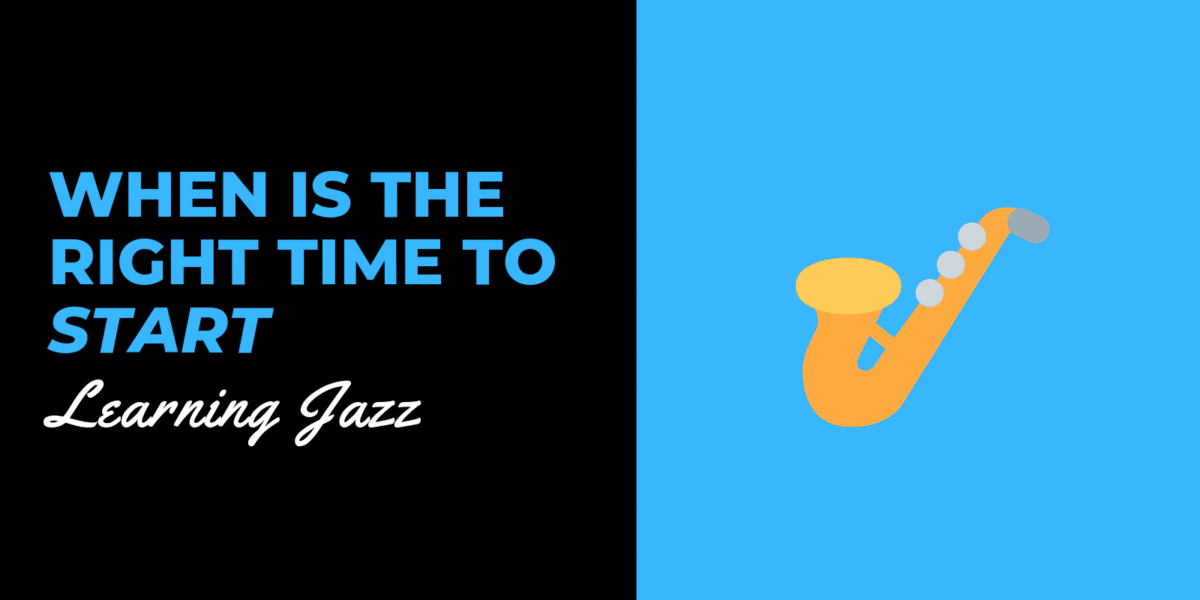
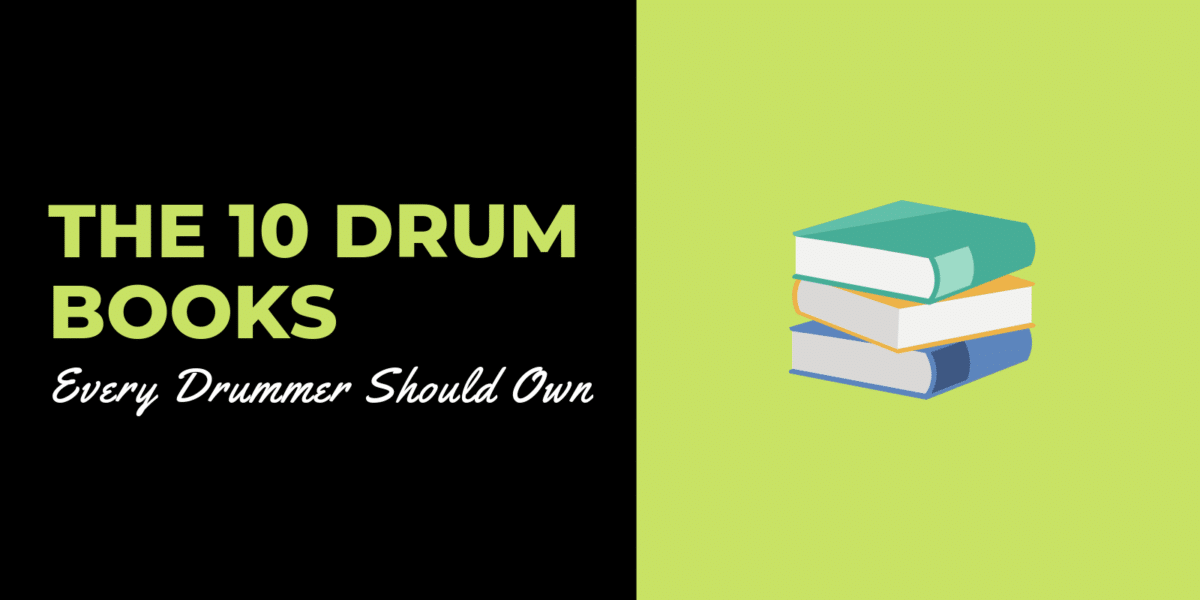
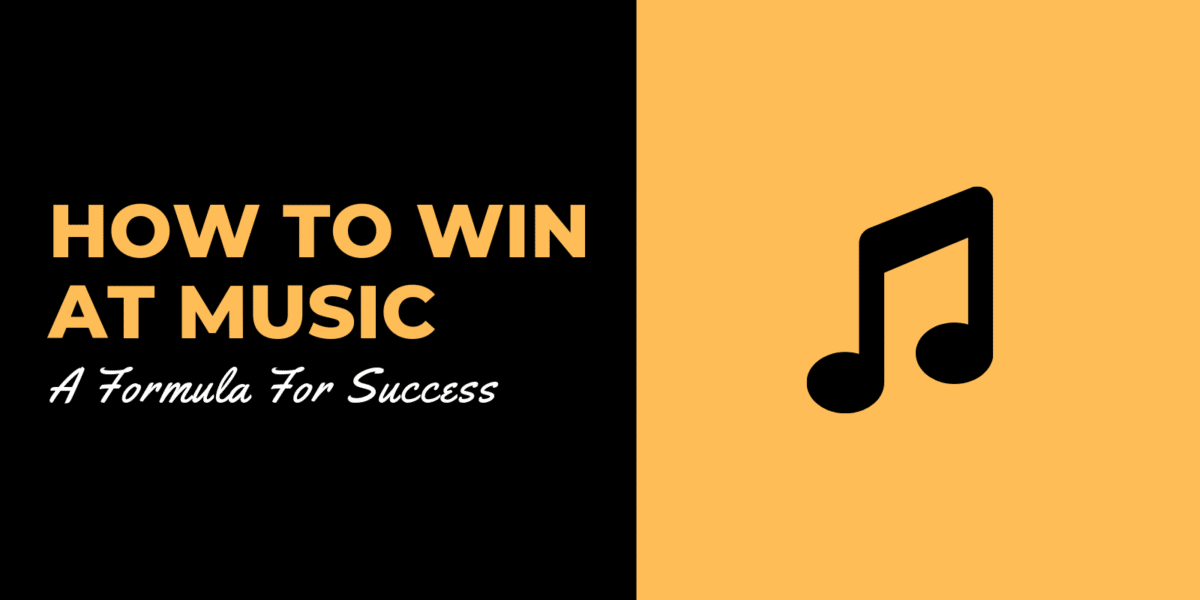
Leave A Comment